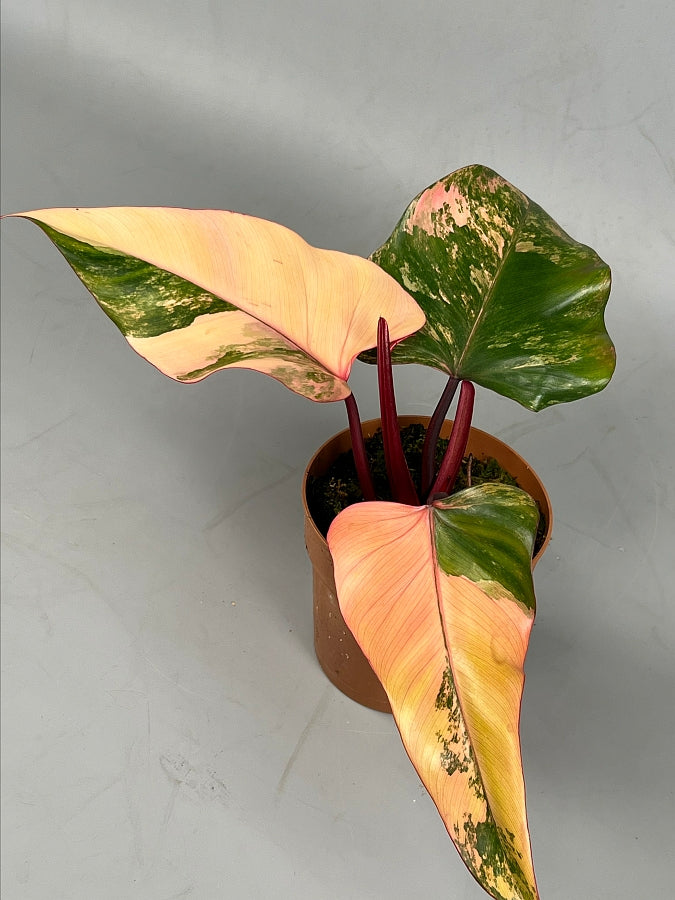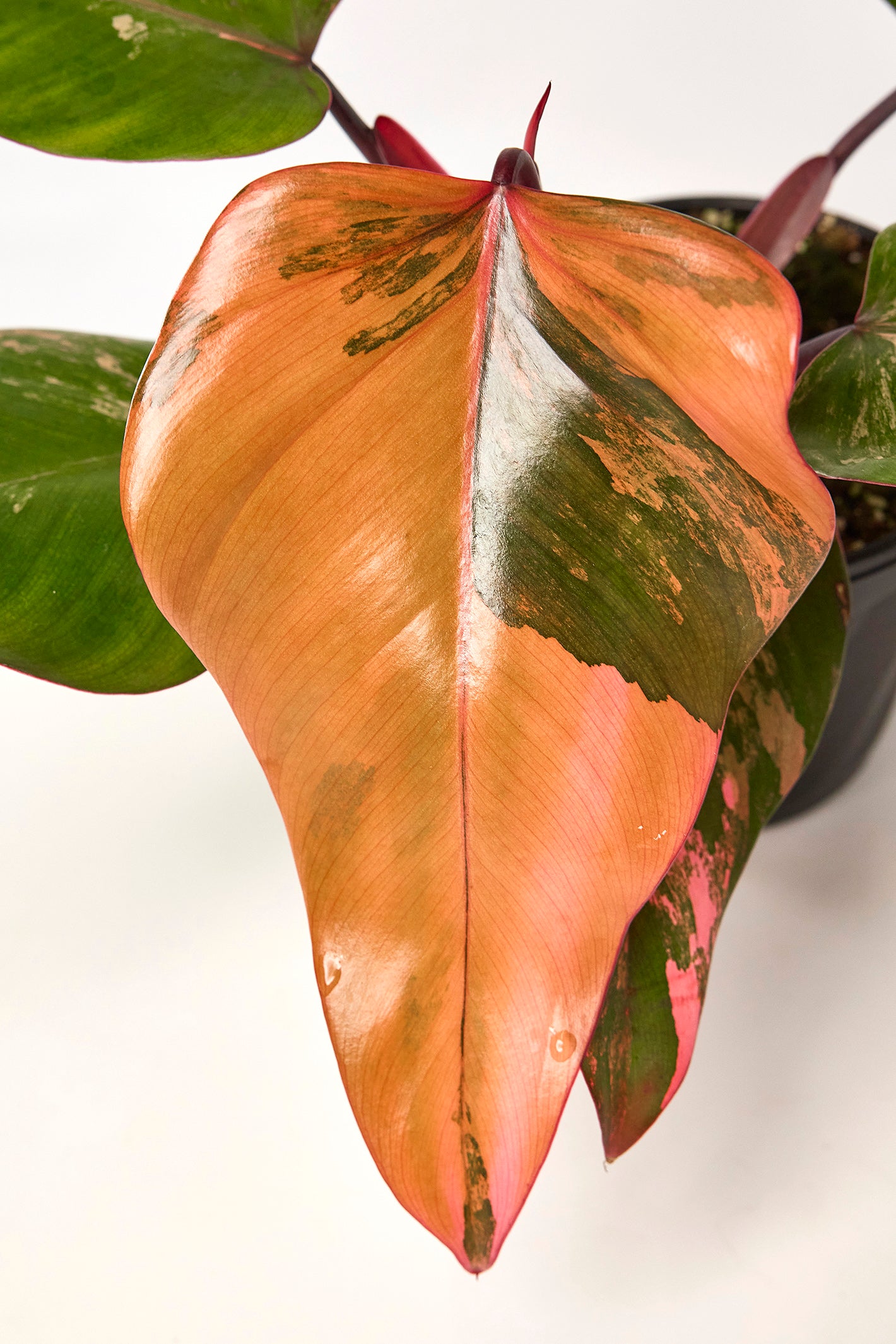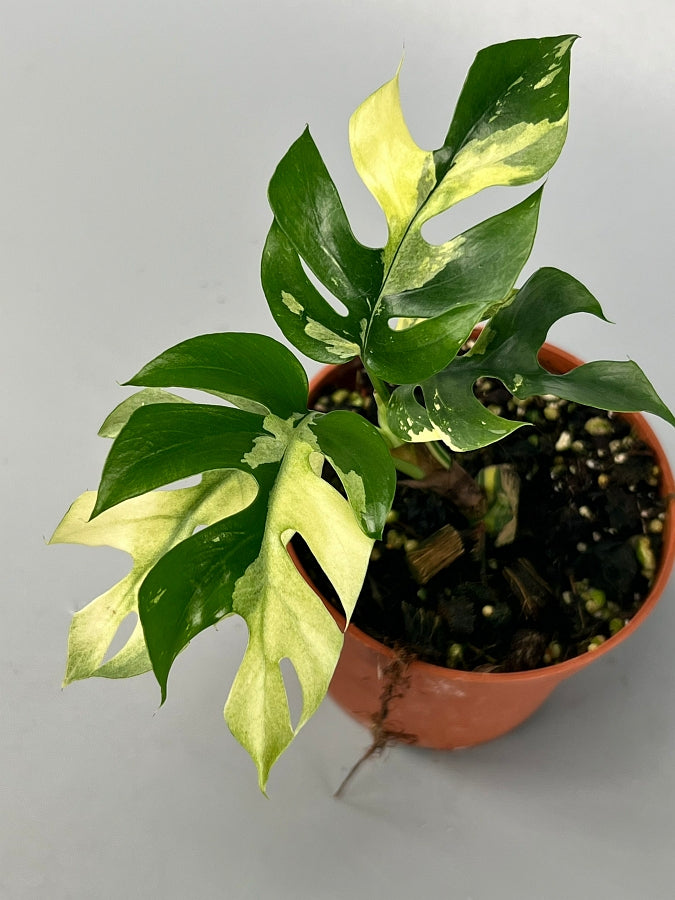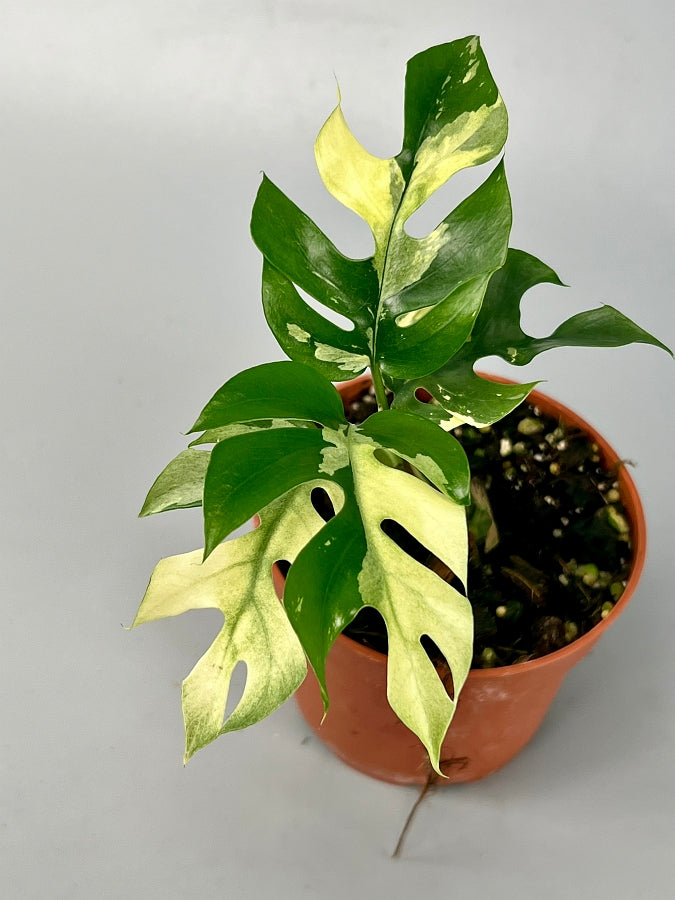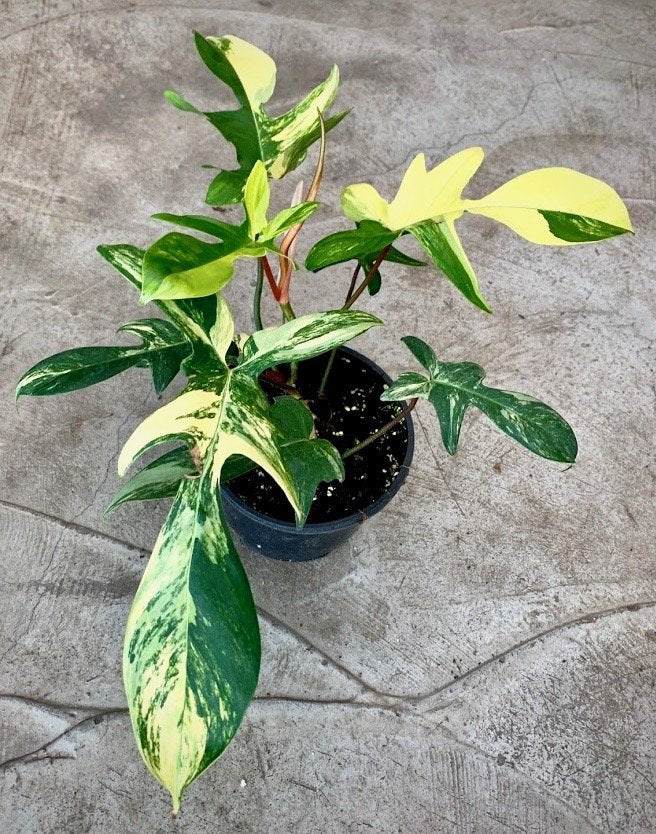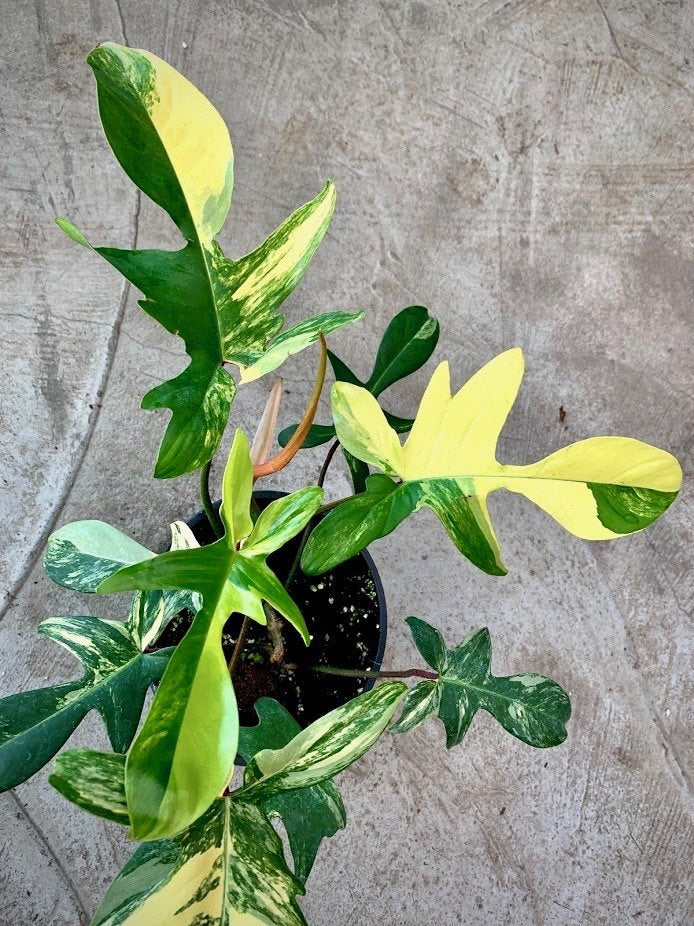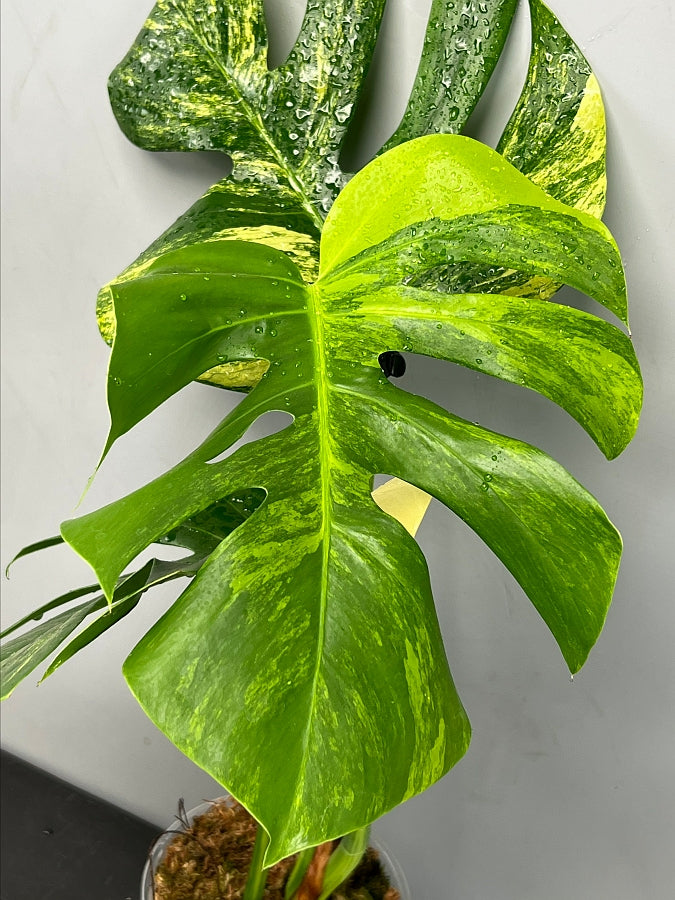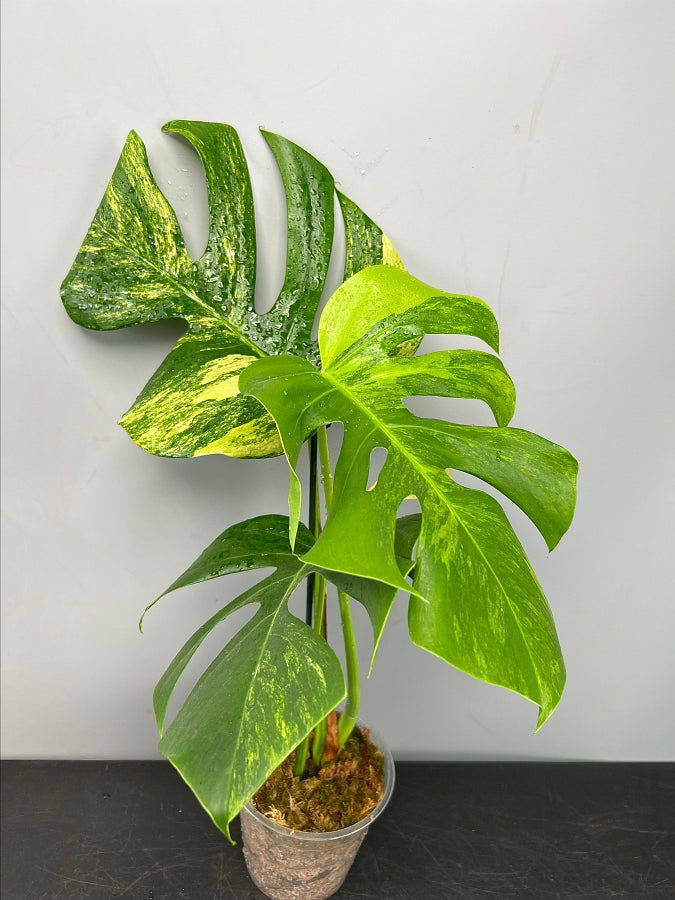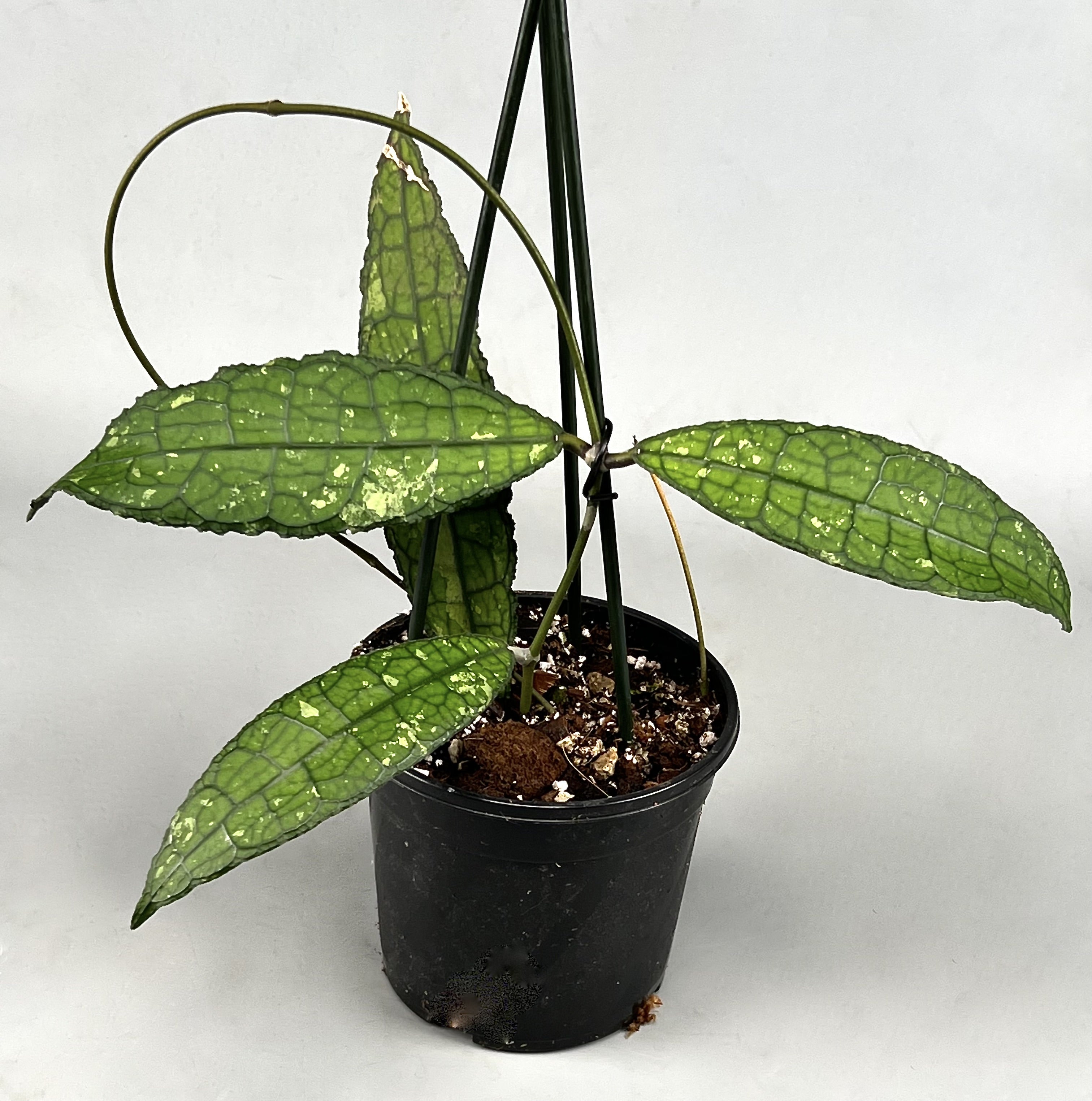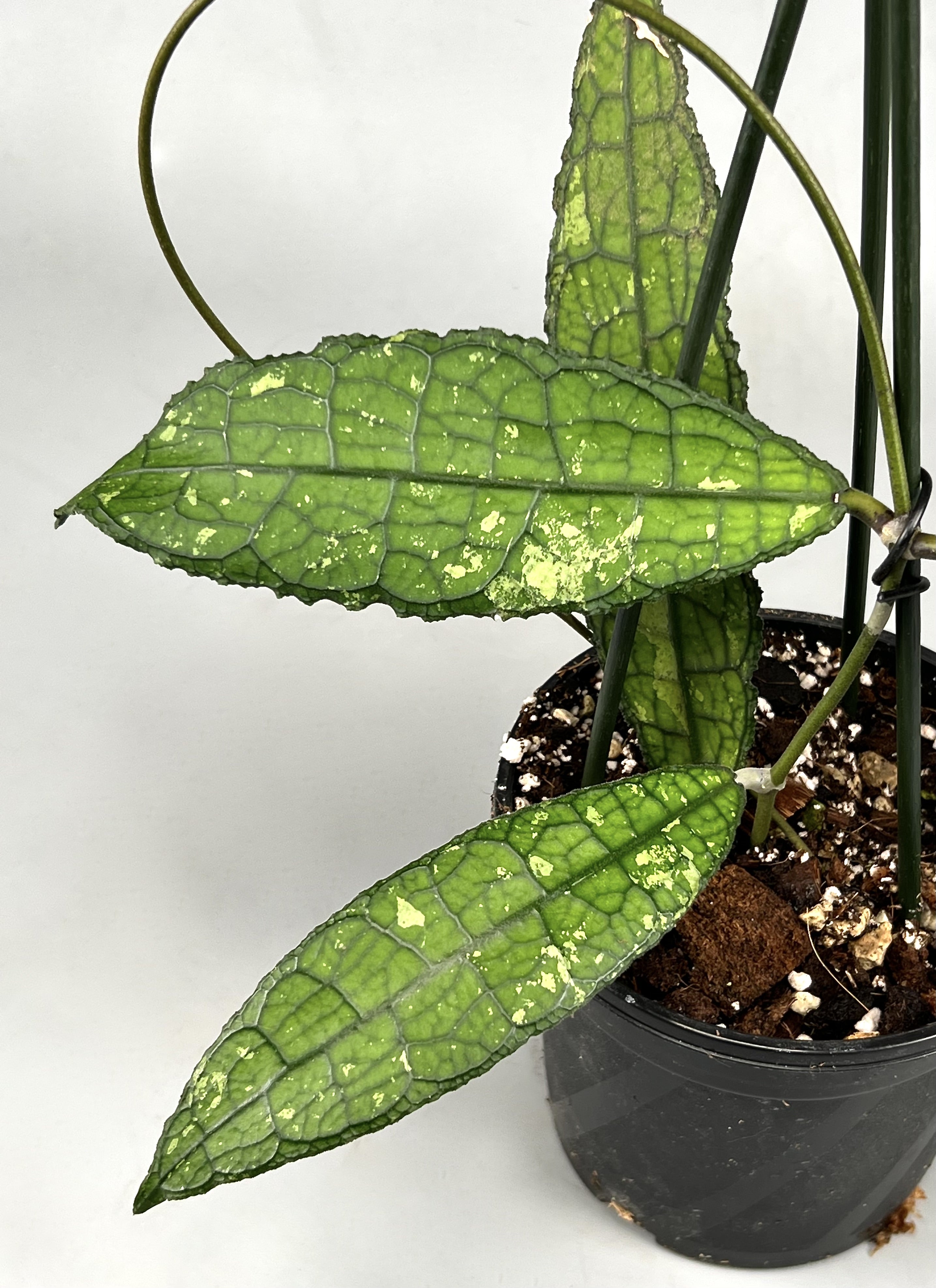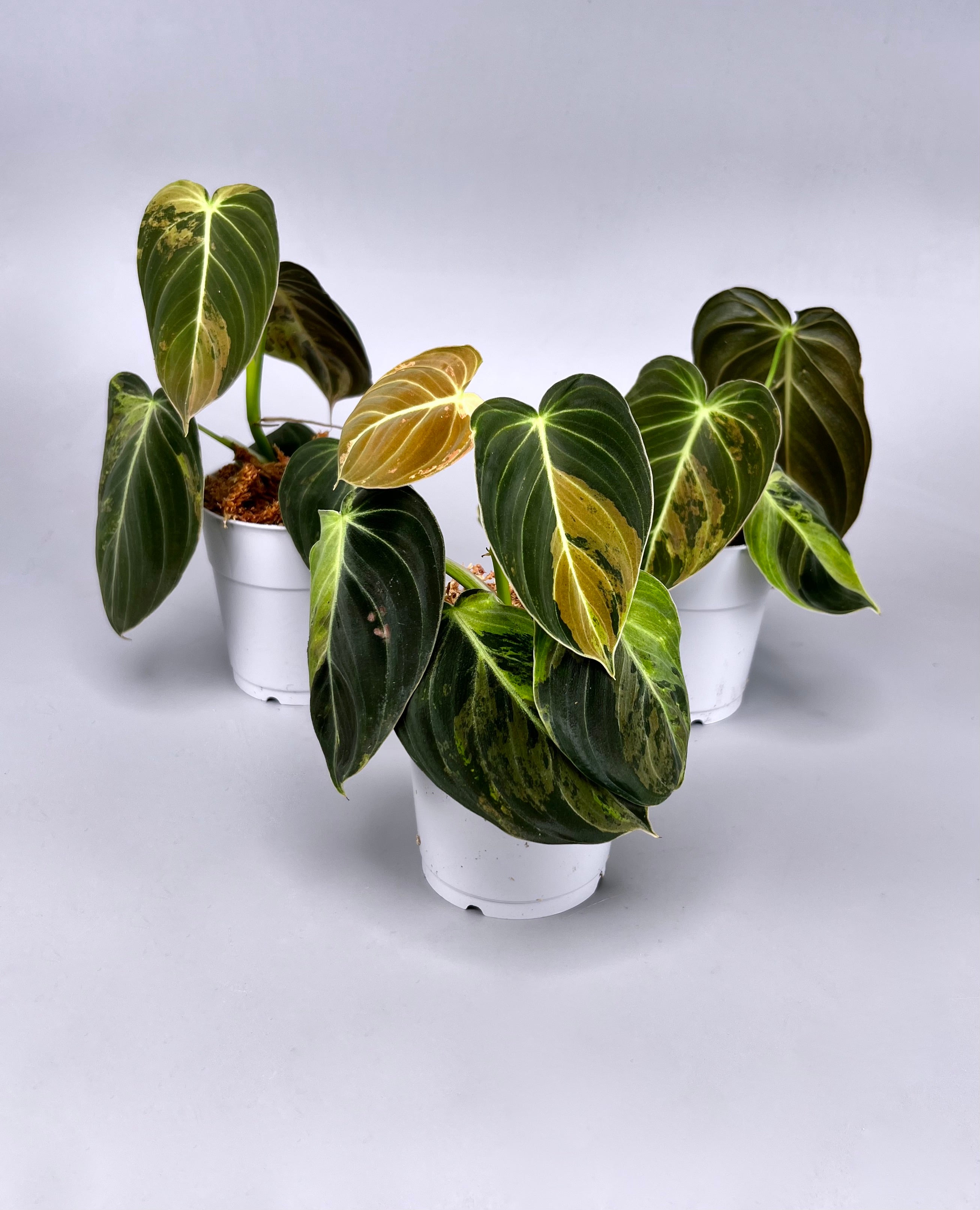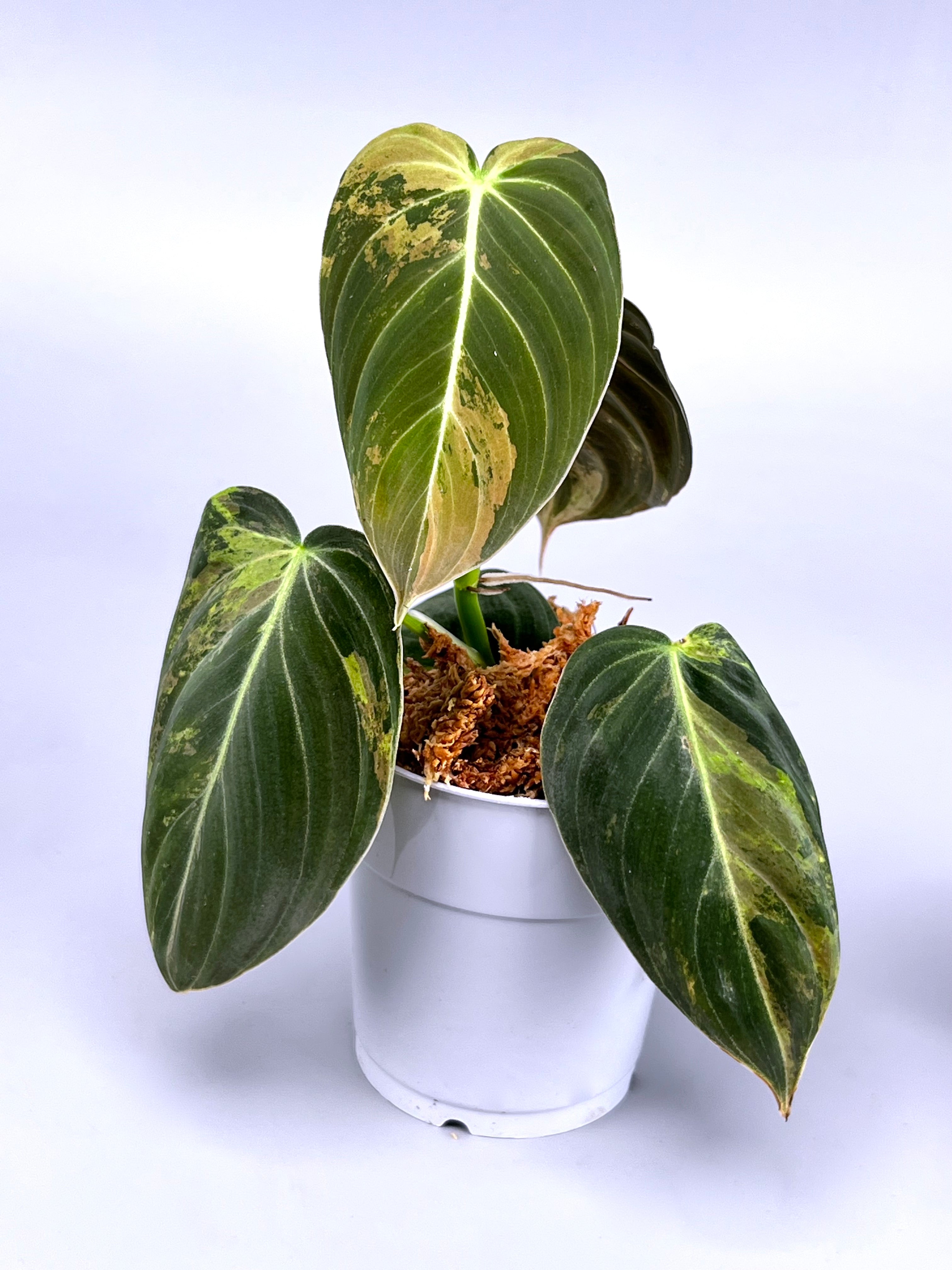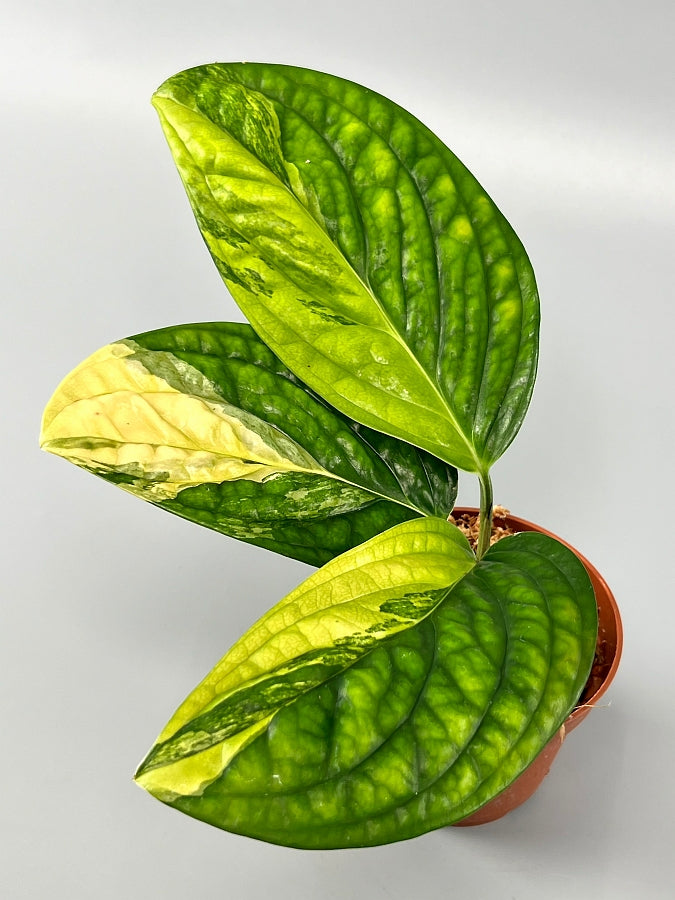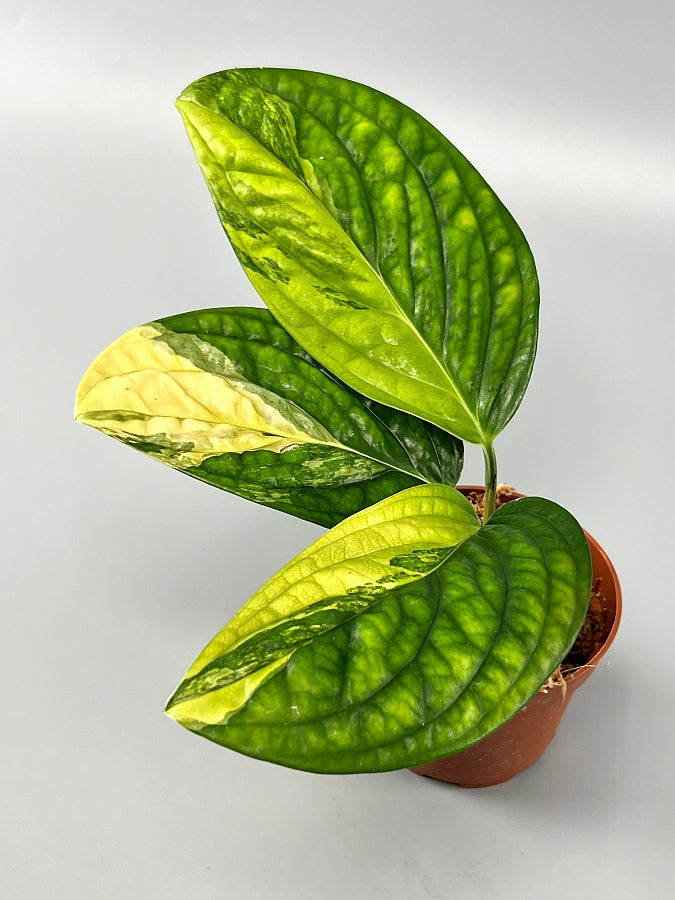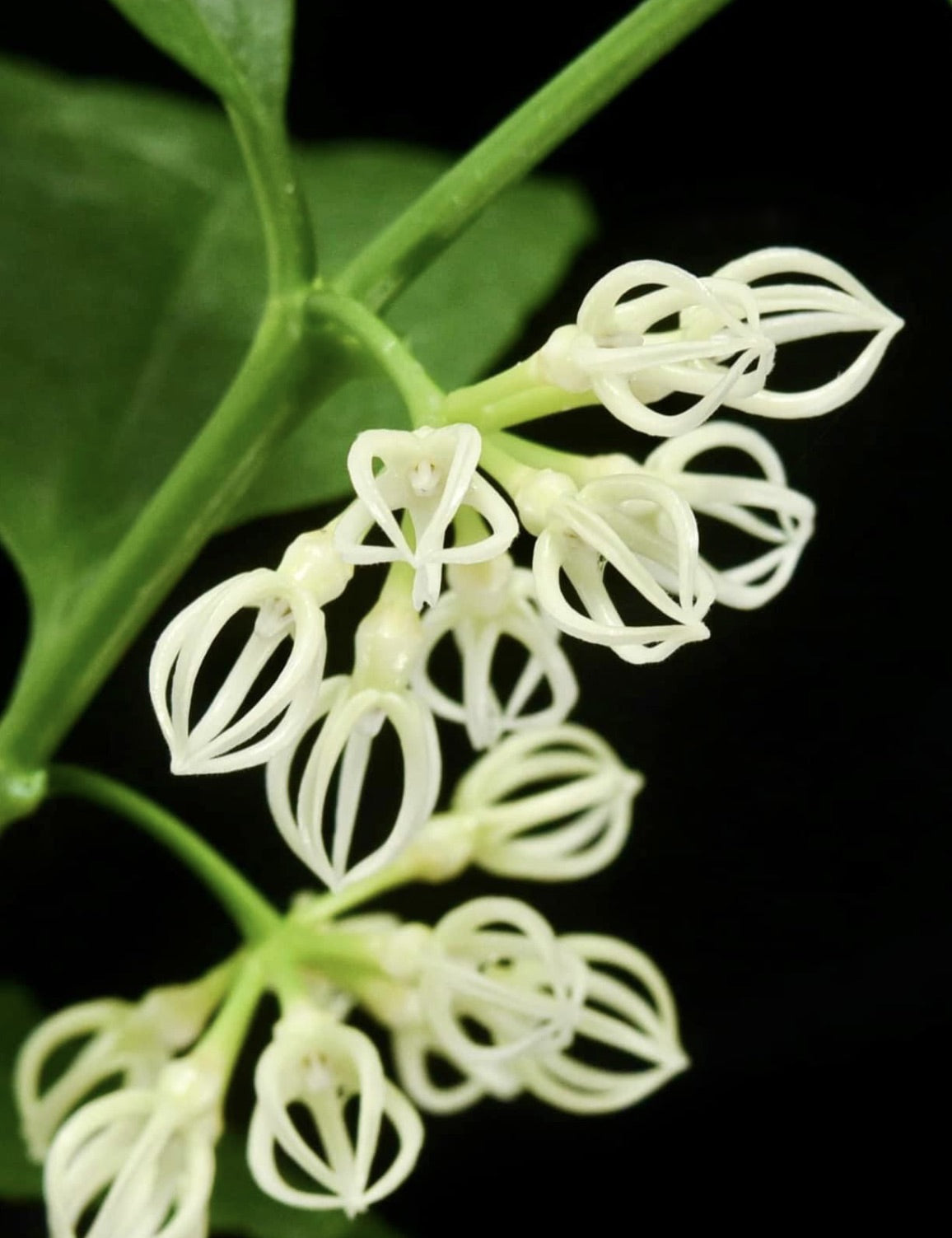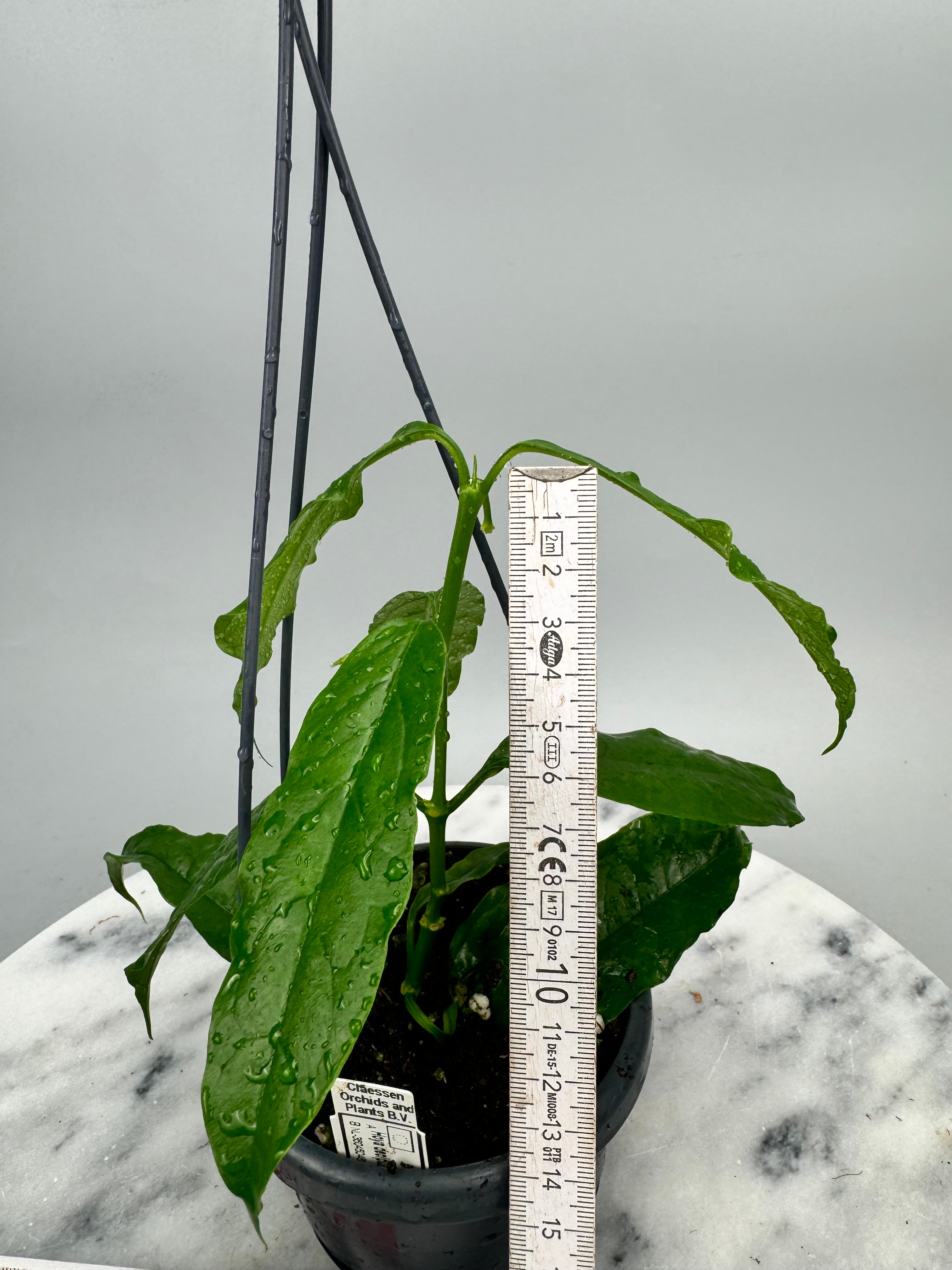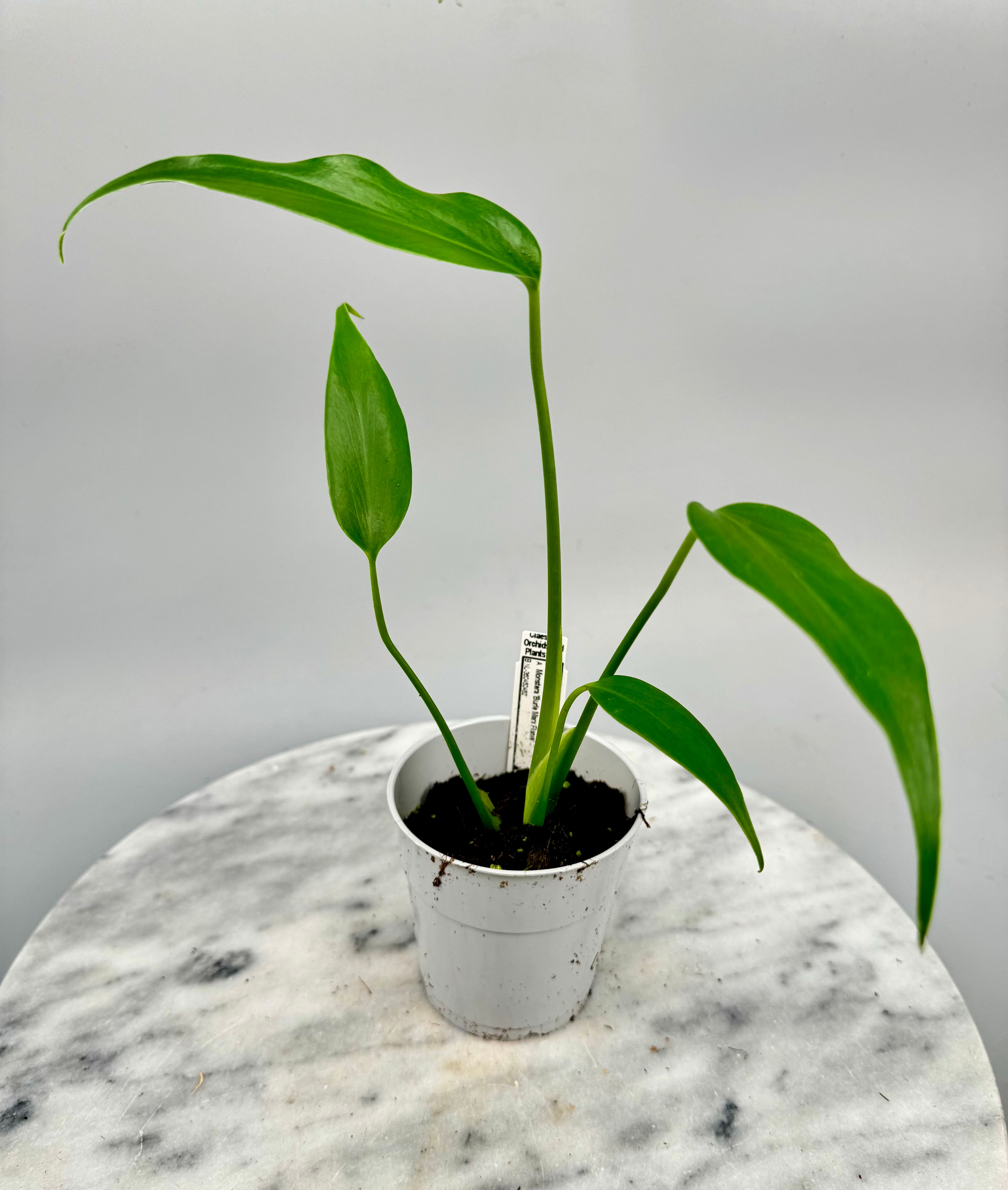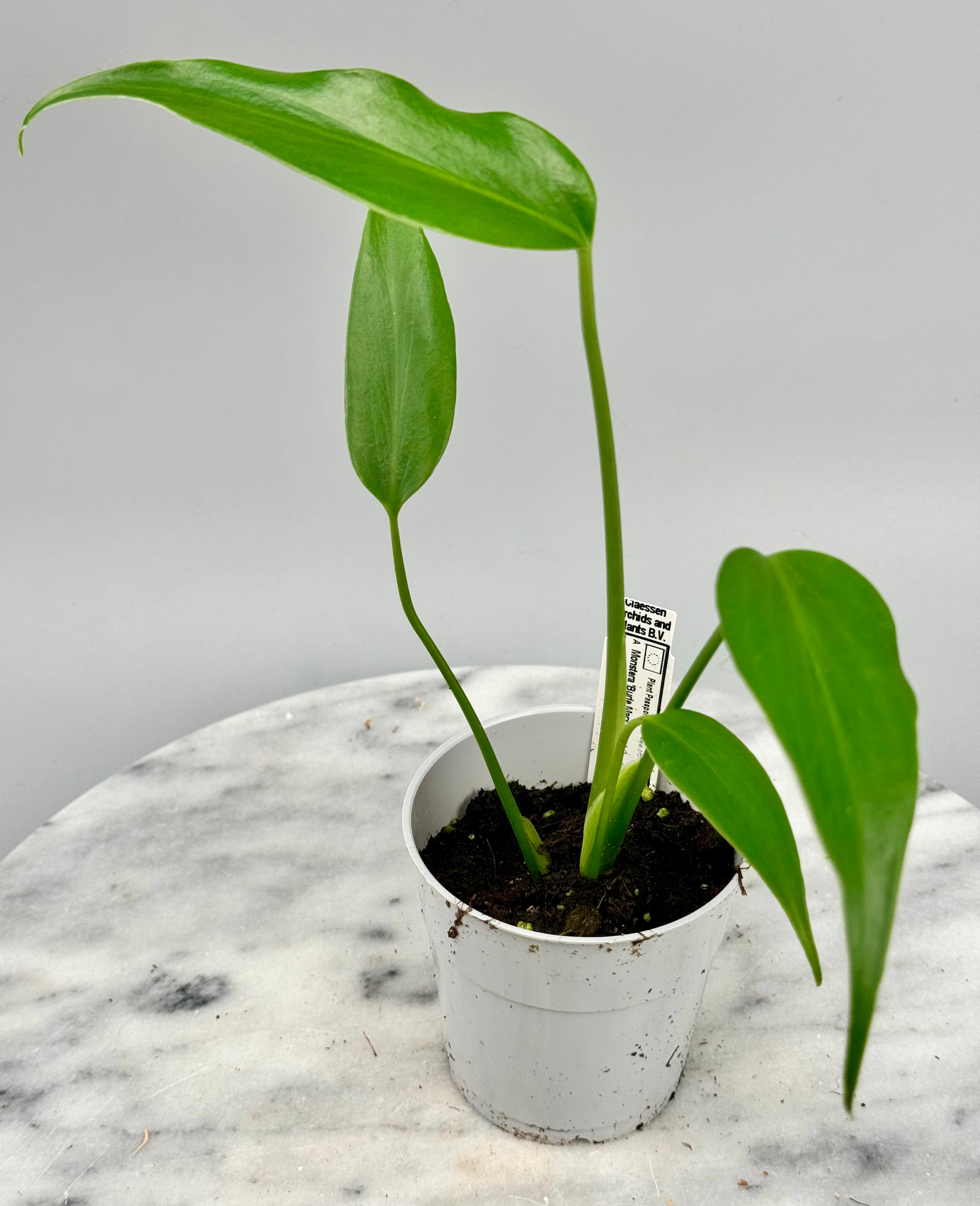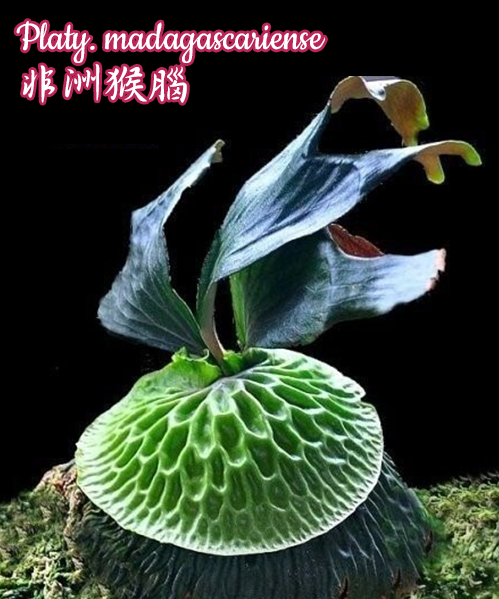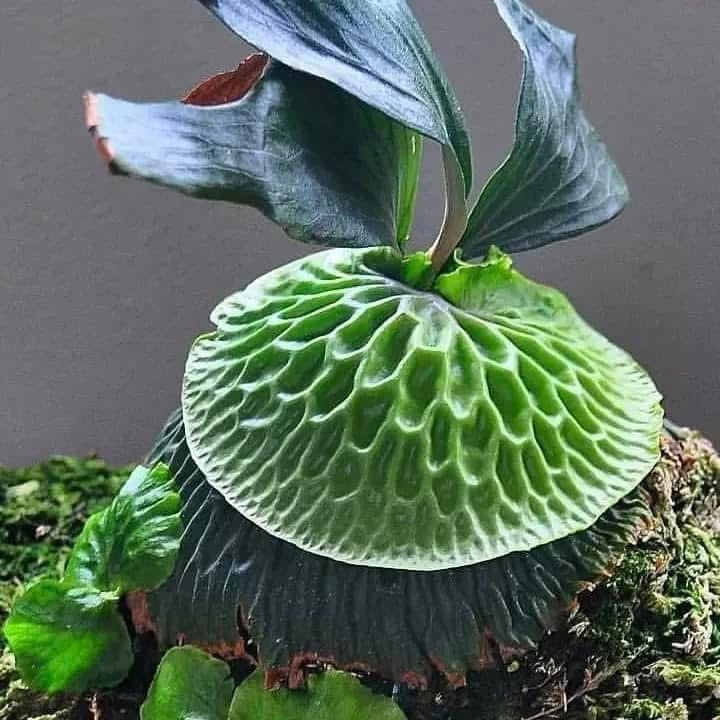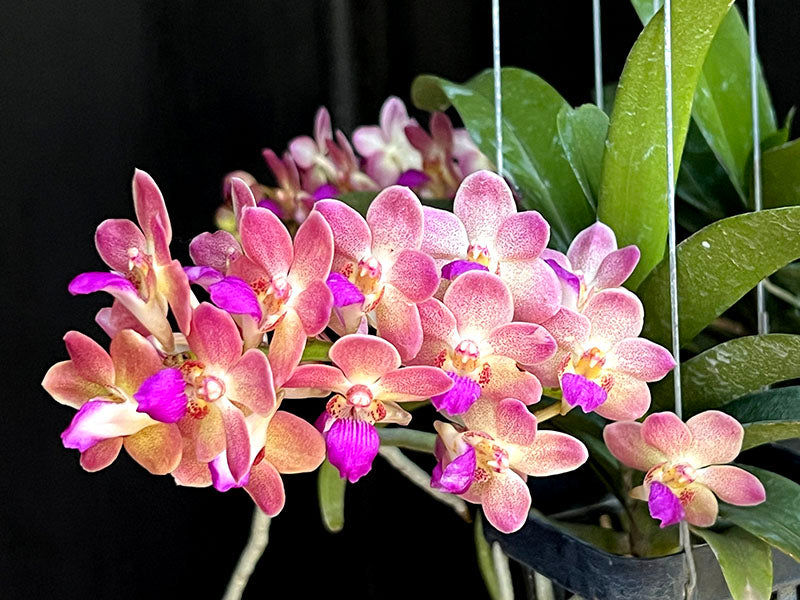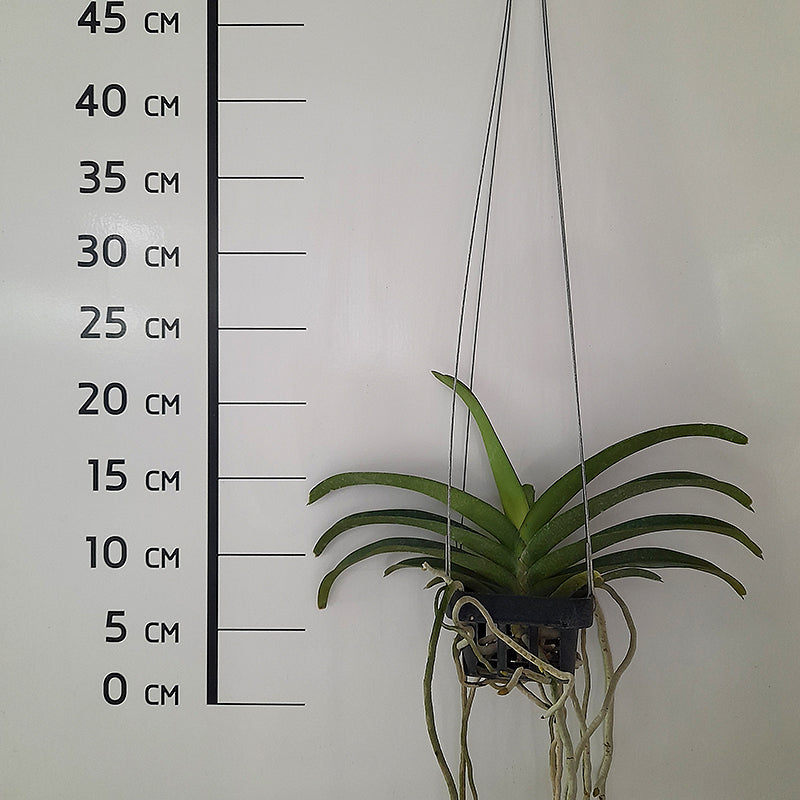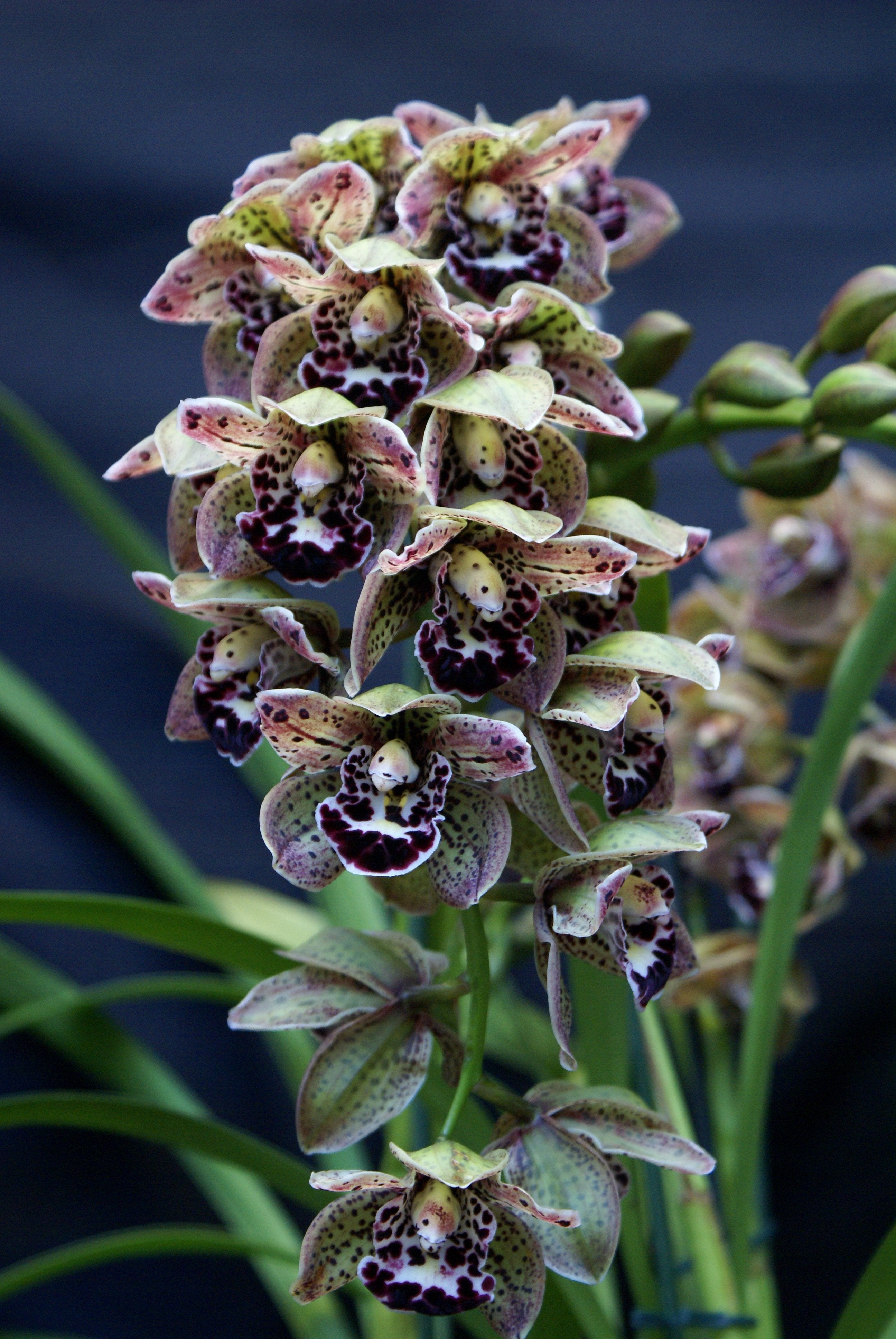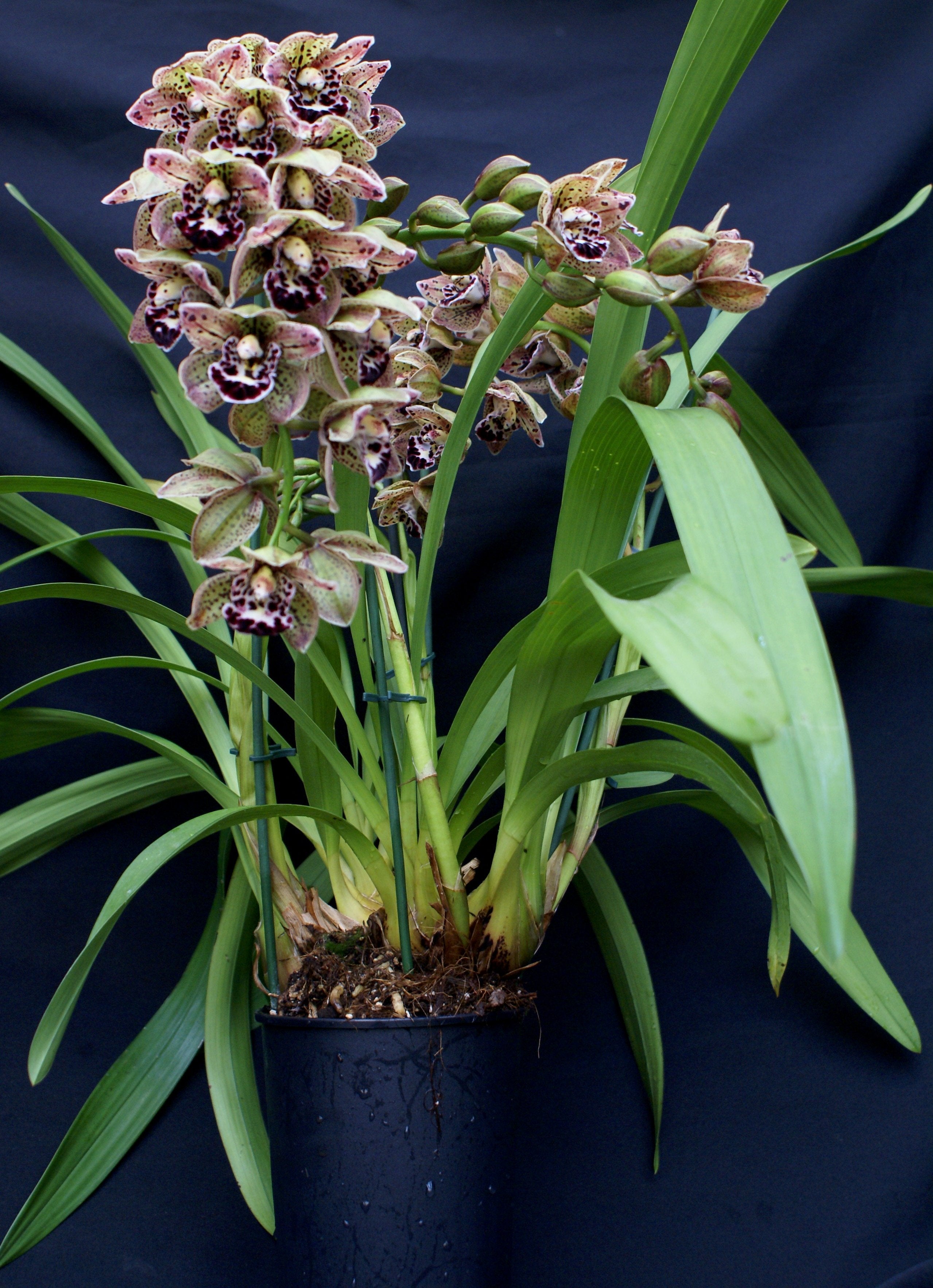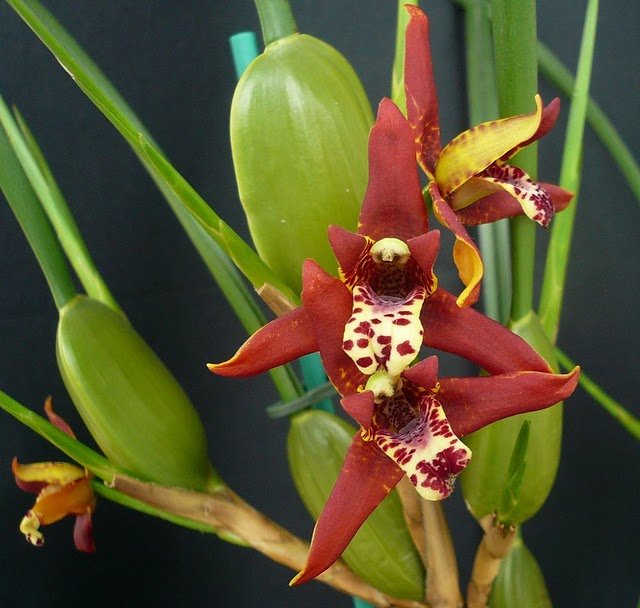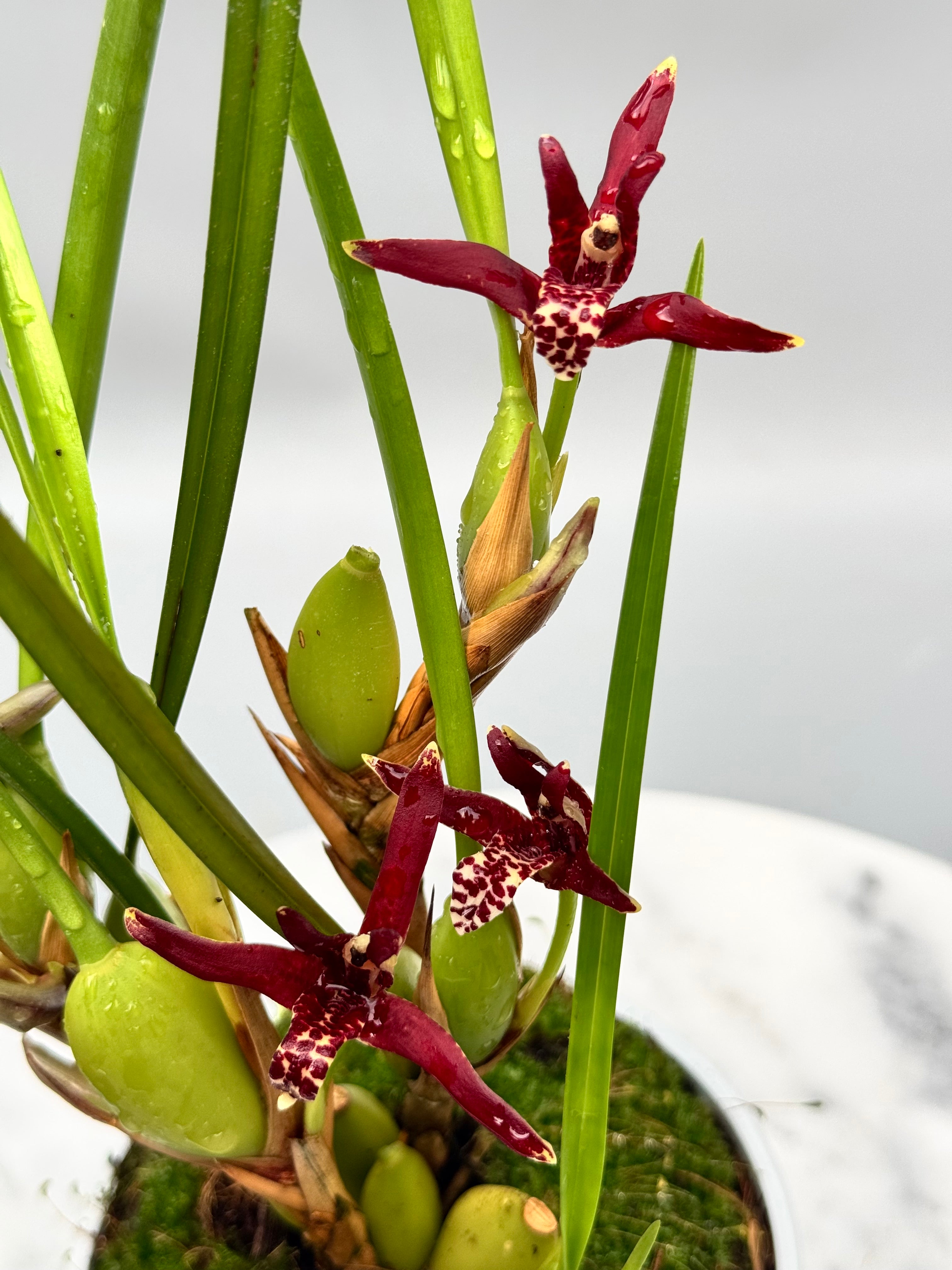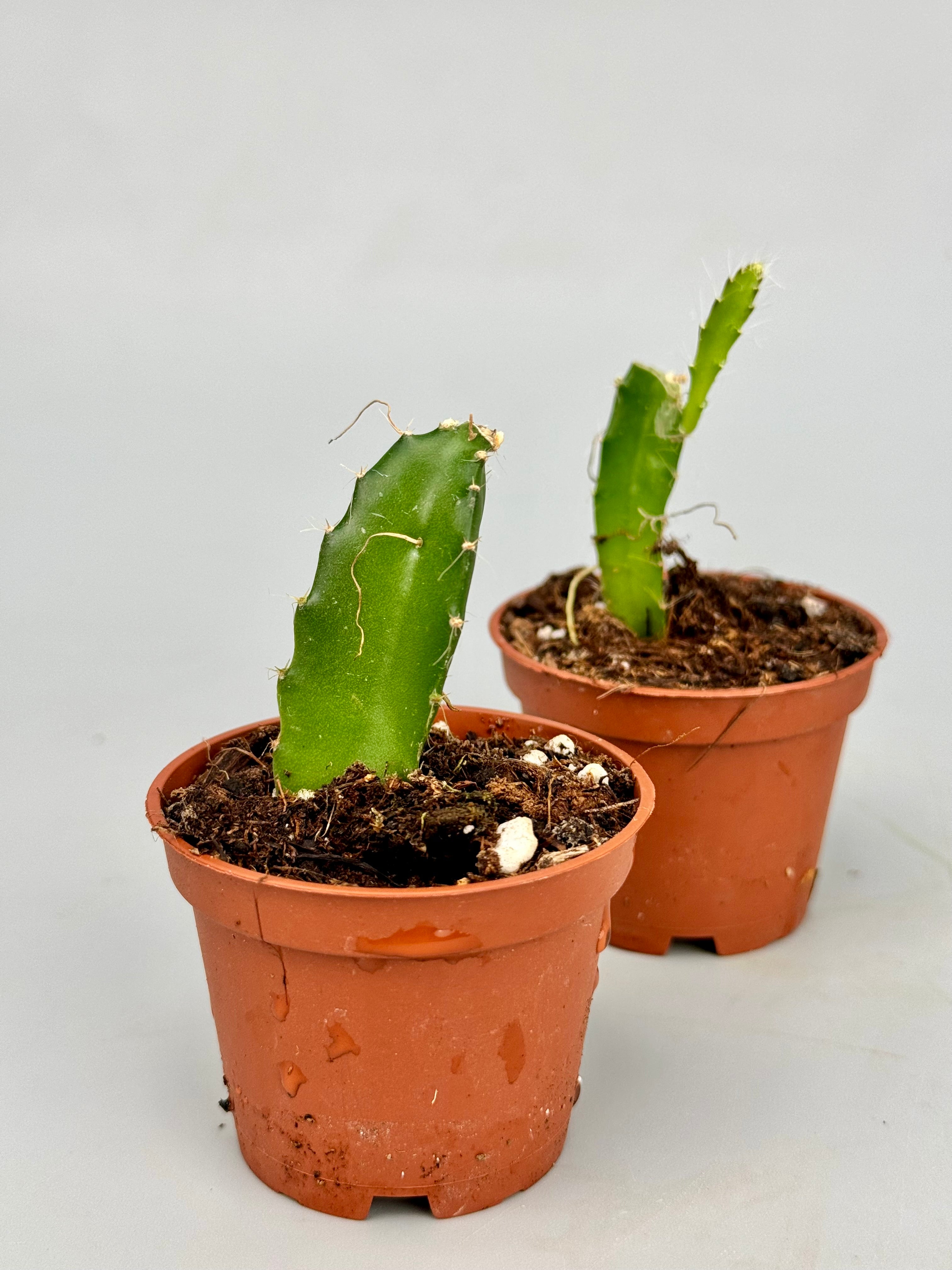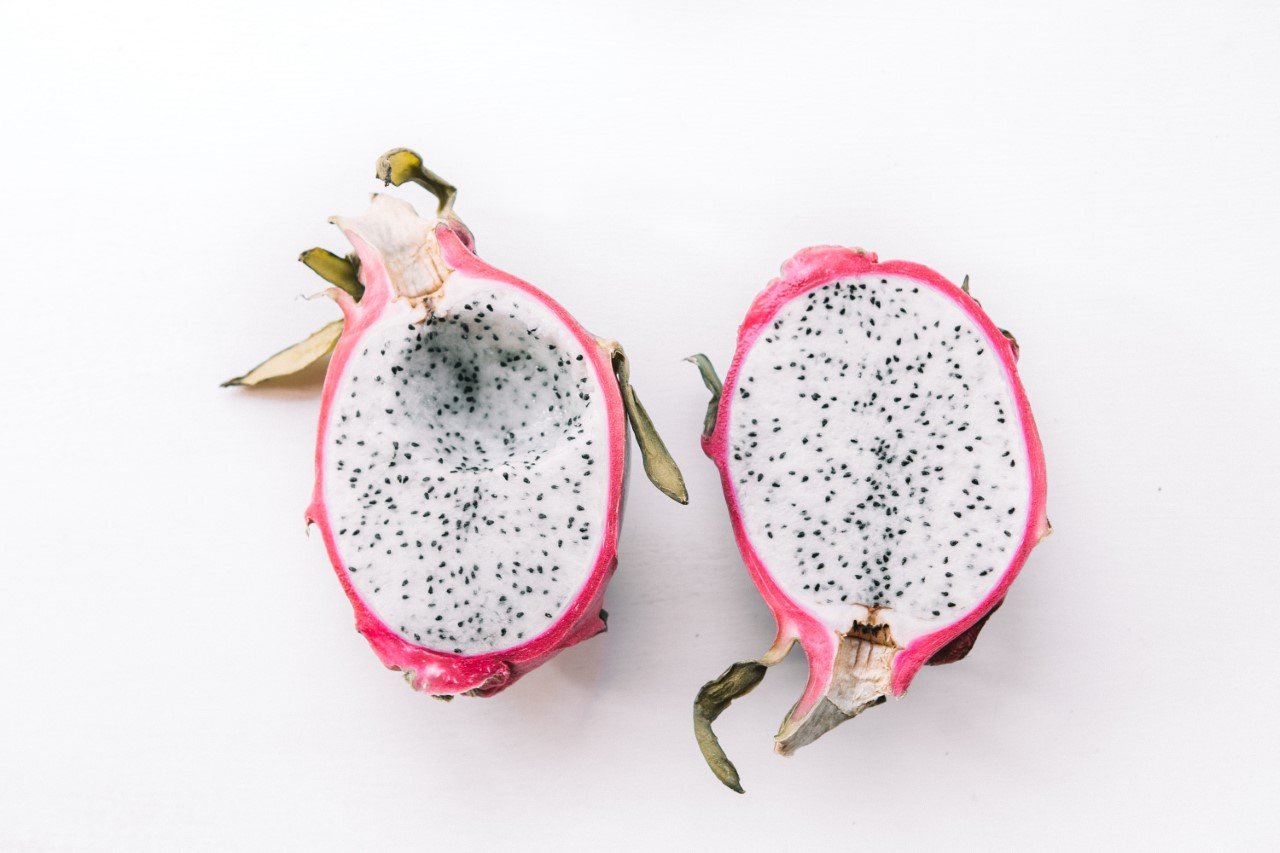Nothing is nicer than starting the day with a nice cup of coffee for many people. But did you know that coffee not only tastes good and energizes people, but can also have benefits for houseplants? Still, it is important to use coffee in the right way when you want to give it to your houseplant.
Coffee grounds
Coffee grounds are sometimes used as fertilizer for houseplants because they are rich in nitrogen. Nitrogen contributes to growth for a houseplant. By mixing a small layer of coffee grounds into the top layer of potting soil, or adding it to compost, you can provide your plant with sufficient nutrition for a longer period of time. Be careful not to apply too much fertilizer and be careful with sensitive plant species.
Boiled coffee
When you use highly diluted, cooled coffee to water plants, this can also help provide extra nutrition for the plant. There should be no additional substances such as sugar, milk, sweeteners or other additives in the coffee when you want to do this.
pH
Coffee is naturally a bit on the acidic side. So houseplants that like a slightly more acidic soil can benefit from the administration of coffee. Plants that need a more neutral soil or even more alkaline you will have to skip or reduce the dose substantially, as this can acidify the soil too far.
Regularity
The use of coffee grounds and coffee in all cases should not be too much and not too often. This is because the soil can easily acidify (too far) and certain minerals and substances can become unbalanced. Once a month is the maximum we will recommend. Also, always look at the recommendations of your plant species. Sensitive plants are better off getting special plant food tailored to them.
Check
Keep a close eye on the plants if you want to try this. Not all plants benefit from the administration of coffee.
What to do in case of coffee damage?
If you discover damage, make sure to give the plant only rainwater for a while to flush the minerals from the pot. That way, the soil can recover more easily.


